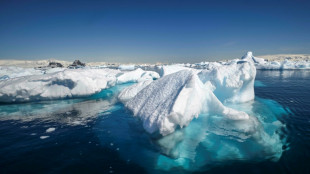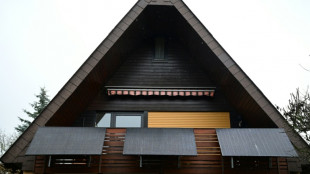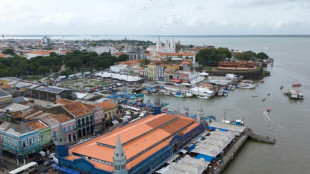

UN sounds alarm on heat threat to Iraq's fabled marshland
Southern Iraq's fabled marshland is suffering its worst heatwave in the past 40 years, the United Nations warned on Monday, reporting a drastic drop in water levels.
Largely arid Iraq is ranked by the UN as one of the world's five countries most impacted by some effects of climate change, and authorities there say the country is going through its fourth straight year of drought.
Iraq endures blistering summer heat and frequent dust storms, and declining rainfall as well as upstream dams have reduced the flow of the Tigris and Euphrates rivers.
The UN's Food and Agriculture Organization (FAO) said in a statement it was "deeply concerned about the grave consequences of climate change and water scarcity on the marshes and buffalo producers in southern Iraq".
The UN agency cited "alarming field reports" from its staff operating alongside Iraqi agriculture ministry staff.
The FAO statement said reports "indicate that the marshes are experiencing the most severe heat wave in the last 40 years, accompanied with a sudden water shortage in the Euphrates river".
"The dire situation is having a devastating impact on the marshes system, buffalo producers, farmers and fisheries, forcing many of them" to leave the area, it added.
The FAO said that in Chibayish, located in Dhi Qar province, "the water level of the Euphrates is only 56 centimetres (22 inches), and in the marshes from zero to 30 centimetres".
It noted high salinity levels exceeding 6,000 parts per million which have raised concern among farmers, especially buffalo herders and fishermen.
The statement cites official figures showing that "almost 70 percent of the marshes are devoid of water".
In a vivid illustration of the problem, an AFP journalist early this month saw thousands of fish washed up on the banks of the Amshan river in Majar al-Kabir, in Maysan province bordering Iran.
This region is famous for its marshland fed by the Tigris river.
Environmental campaigner Ahmed Saleh Neema said "a rise in temperatures" leading to increased evaporation, coupled with reduced water flow contributed to "a lack of oxygen and high salinity" in the river.
R.Martins--LiLuX



